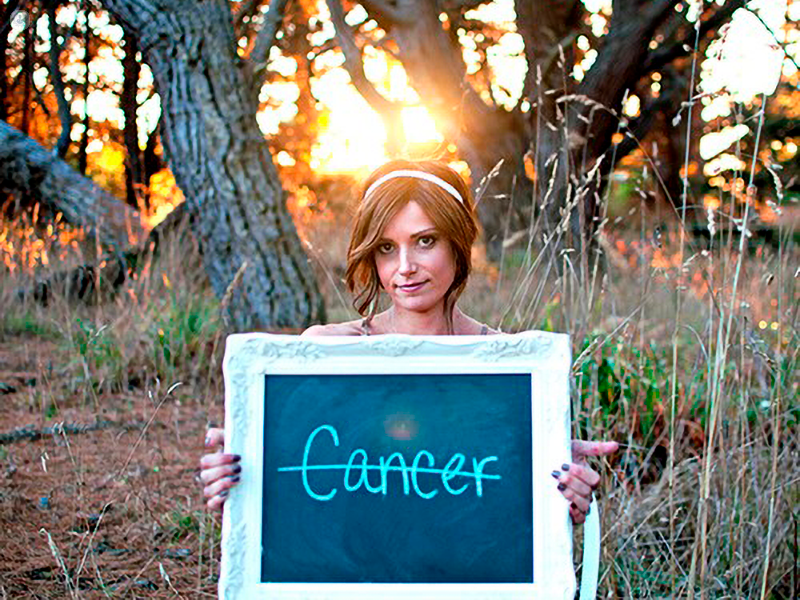Hodgkin’s lymphoma – what to expect, and how it is treated
Escrito por:Esteemed consultant haematologist Professor Stephen MacKinnon discusses the condition Hodgkin’s lymphoma, how this form of cancer develops, and what the signs, symptoms, and treatments are for this condition.

Hodgkin’s lymphoma, the disease widely believed to have affected Jane Austen, ultimately leading to her death, is an uncommon form of cancer that affects the lymphatic system. The lymphatic system, which forms part of the immune system, is a system of lymphatic vessels and lymph nodes throughout the body which play an important role in fighting infections and bacteria from attacking cells in the body. With Hodgkin’s lymphoma, otherwise known as Hodgkin’s disease, the cells in the lymph nodes become cancerous, grow abnormally, and can spread beyond the lymphatic system.
What are the symptoms of Hodgkin’s lymphoma?
Patients with Hodgkin’s lymphoma will likely experience the following symptoms:
- painless swellings in the neck, armpit, or groin.
- heavy sweating at night
- high temperatures that come and go
- itchiness, especially after drinking alcohol
- losing weight quickly
- difficulty breathing, or coughing
- abdominal pain or vomiting
The most common symptom is swelling in the neck, armpit, and groin, with around 70% of people diagnosed with Hodgkin’s lymphoma showing this symptom. Though the lumps aren’t usually painful, some people claim that they ache, especially after drinking alcohol.
What causes Hodgkin’s lymphoma?
The cause of Hodgkin’s lymphoma is not fully understood, though some people are found to be more at risk of developing the disease, such as patients suffering with an existing condition that weakens the immune system, those that are on immunosuppressant medication, such as those prescribed for conditions such as psoriasis, lupus, Crohn’s disease, multiple sclerosis, rheumatoid arthritis, and alopecia areata. If a patient has previously had glandular fever they may be at a higher risk of developing Hodgkin’s lymphoma. Finally, patients who have a close family member, such as a parent, sibling that have Hodgkin’s lymphoma, they may be more at risk of the disease.
How is Hodgkin’s lymphoma treated?
Hodgkin’s lymphoma is an aggressive form of cancer, however it is also easily treatable. Around 85% of people diagnosed with Hodgkin’s lymphoma live for a further five years, and many of these will be cured completely.
The usual treatments are chemotherapy, often followed by radiotherapy.
Despite being cured of the condition, many patients may go on to develop other long-term conditions such as infertility, and developing other forms of cancer.
Living with Hodgkin’s lymphoma
Patients living with Hodgkin’s lymphoma and with the treatment for the condition may experience changes to their body. They may feel tired and lethargic, and self-esteem may be low, this may cause patients to feel that they can’t cope with the condition. It is important to seek help from loved ones and from professionals if you feel this way.
If you are suffering with the symptoms of Hodgkin’s lymphoma, and would like to be checked, or if you have already been diagnosed with Hodgkin’s lymphoma, and would like to make an appointment with a specialist, you can do so here.


